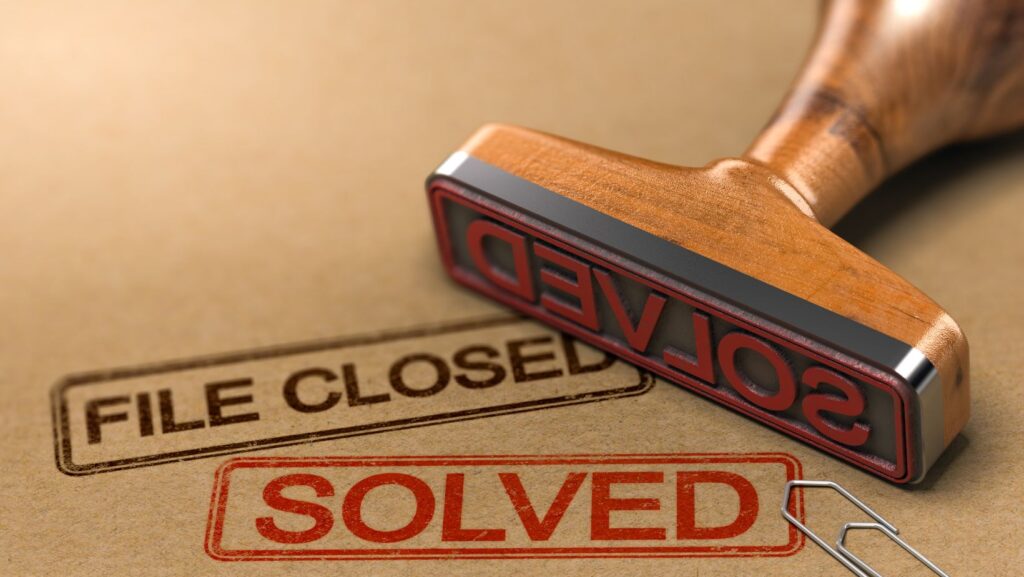
If someone presses charges against you, you may be wondering how long it will take for the legal process to unfold. The duration of a legal case can vary depending on several factors such as the complexity of the case, the jurisdiction in which it is being heard, and the backlog of cases in the court system.
In general, criminal cases can take anywhere from a few months to several years to reach a resolution. This timeline includes various stages such as arraignment, pre-trial hearings, discovery, plea negotiations (if applicable), trial preparation, and finally, the trial itself. Each stage requires time for gathering evidence, scheduling court dates, and allowing both parties to present their arguments.
If Someone Presses Charges on You How Long Does It Take
When someone presses charges against you, it can be a confusing and overwhelming experience. Understanding the legal process and receiving notification of charges is crucial to navigating the situation effectively. In this section, I’ll walk you through the steps in the legal process, highlight the importance of legal representation, and discuss what to expect with the initial notification of charges.
Steps in the Legal Process
Being charged with a crime initiates a series of steps within the legal system. While specific procedures may vary depending on jurisdiction, here are some common stages you can anticipate:
- Investigation: Before formal charges are filed, law enforcement agencies typically conduct an investigation to gather evidence and build a case.
- Arrest or Summons: Once sufficient evidence has been gathered, you may either be arrested by law enforcement or receive a summons ordering your appearance in court.
- Initial Appearance: At your first court appearance after being arrested or summoned, known as the initial appearance or arraignment, you will be informed about the charges against you.
- Plea Hearing: Following your initial appearance, there may be a plea hearing where you can enter a plea of guilty or not guilty.
- Pretrial Proceedings: If you plead not guilty, pretrial proceedings such as discovery (exchanging evidence), motions hearings (arguments made by both sides), and negotiations may take place.
- Trial: If no resolution is reached during pretrial proceedings or if you choose not to negotiate a plea deal, your case will proceed to trial where it will be heard by either a judge or jury.
- Sentencing: If found guilty at trial or if you accept a plea agreement, sentencing will occur where penalties for the offense are determined.
It’s important to note that these steps may take varying amounts of time depending on factors such as case complexity and court backlog.

Gathering Evidence and Representation
Gathering Physical Evidence
When someone presses charges against you, it is crucial to gather physical evidence that can support your defense. Physical evidence can provide tangible proof or help establish a different perspective on the situation. Here are some steps you can take to collect relevant physical evidence:
- Photographs or Videos: If there was an incident that led to the charges, capturing photographs or videos of the scene can be invaluable. Focus on documenting any damages, injuries, or any other relevant details.
- Documents and Records: Gather any documents or records that could support your case. This may include medical reports, receipts, emails, text messages, or other written correspondence related to the incident.
- Expert Opinions: Depending on the nature of the charges, seeking expert opinions might be beneficial. For example, if you’re facing allegations involving a technical matter like computer hacking or financial fraud, consulting with experts in those fields could provide valuable insights.
Collecting Witnesses’ Statements
Witnesses play a significant role in legal proceedings as their statements can corroborate your side of the story and challenge opposing claims. Consider these steps when collecting witness statements:
- Identify Potential Witnesses: Make a list of individuals who witnessed the events leading up to the charges against you. This may include bystanders, friends, colleagues, or anyone who has firsthand knowledge of what occurred.
- Interview Witnesses: Approach each potential witness and politely request their cooperation in providing a statement regarding what they saw or experienced during the incident in question.
- Document Witness Statements: When interviewing witnesses, take thorough notes about their version of events while ensuring accuracy and objectivity. If possible and with consent from witnesses involved, consider recording audio/video statements for future reference.










